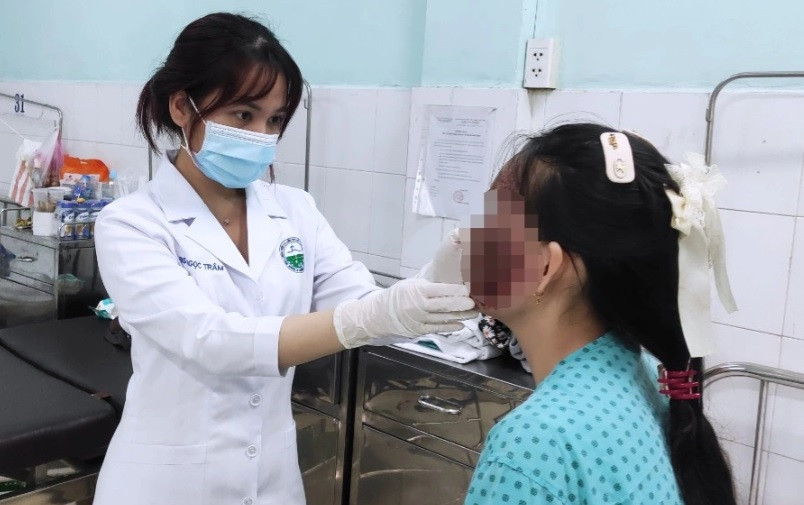
In the early months of 2024 alone, a series of severe complications following cosmetic procedures were reported at private clinics in the city.
The most notable incidents involved procedures like liposuction, breast augmentation, and rhinoplasty, which resulted in three women experiencing severe complications that required emergency treatment.
The most serious incident occurred in June when a 33-year-old woman died after undergoing a rhinoplasty procedure using silicone and cartilage at the Thailand Hospital International Aesthetic Clinic in District 1.
The tragic outcome has intensified concerns over the safety of cosmetic procedures in unregulated environments.
Dr. Ho Van Han, Chief Inspector of the HCMC Department of Health, highlighted the scope of the problem during a conference on August 22, aimed at enhancing patient safety in cosmetic surgery.
The city currently hosts 37 aesthetic hospitals, 31 cosmetic surgery departments within hospitals, 290 specialized aesthetic clinics, and 3,891 non-medical cosmetic facilities, including spas and skincare centers.
A significant concern is that many non-medical cosmetic establishments are encroaching into the medical field without proper oversight.
“Businesses licensed by district or provincial authorities do not need to obtain additional permits from the health sector, which poses a challenge for health inspectors when these establishments begin offering medical procedures,” Dr. Han emphasized.
The Department of Health's inspectorate has noted a rise in medical incidents related to cosmetic procedures, with 78% of complaints involving service quality issues and financial losses.
Additional concerns include unlicensed or "underground" cosmetic practices, false advertising on social media, and unauthorized training programs.
Dr. Nguyen Thi Phan Thuy, Director of the HCMC Dermatology Hospital, reported that the hospital treats 200 to 500 cases of medical complications from cosmetic procedures annually.
Of these, 69% involve complications from injections, 16% are related to laser and light-based treatments, and 10% result from chemical-based beauty treatments.
The hospital's data also reveals that 77% of patients with cosmetic complications sought treatments at unlicensed spas, while 13% performed procedures at home using substandard equipment and unverified products.
The lack of professional expertise often results in severe complications, including a case where a young man became permanently blind in one eye after a botched filler injection.
According to Dr. Tang Chi Thuong, Director of the HCMC Department of Health, stricter regulations are necessary to curb the growing number of medical incidents in the cosmetic industry.
The health sector plans to enforce more stringent professional certification requirements and facility standards for cosmetic service providers. Additionally, there will be increased oversight of cosmetic products such as fillers and Botox.
“Currently, it's all too easy to buy botox online, with sellers delivering directly to your home. However, using unregulated Botox has led to numerous complications,” Dr. Thuong noted.
The health department's inspectorate has identified several root causes for the rise in unsafe cosmetic practices. These include profit-driven violations by businesses, inadequate professional qualifications among practitioners, false advertising on social media, and unregulated cosmetic training programs.
In response, the department is encouraging the public to report unauthorized cosmetic practices to authorities. It also plans to collaborate with the Department of Labor, Invalids, and Social Affairs to enhance oversight of cosmetic training and licensing and to increase inspections and penalties for violations.
Previously, the Department of Health mandated all hospitals to strictly adhere to safety protocols in cosmetic surgery. Surgeons must hold continuous education certificates in patient safety, and all surgical team members must be trained in basic and advanced resuscitation techniques. Operating rooms must be equipped with defibrillators and other necessary equipment, and all implant materials must be sterile, clearly sourced, and approved for use in Vietnam.
Additionally, surgeons are advised against performing multiple major procedures, such as chest and abdominal surgeries or facelifts, in a single operation.
Bach Duong